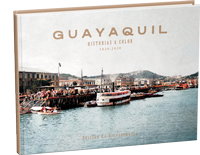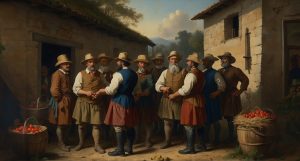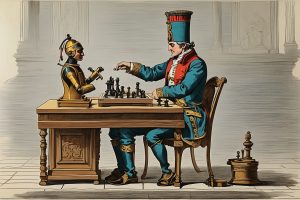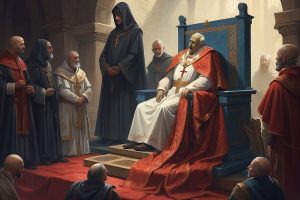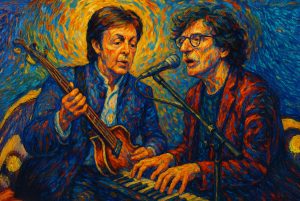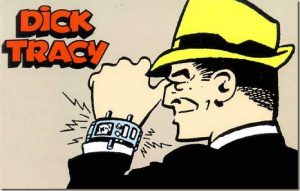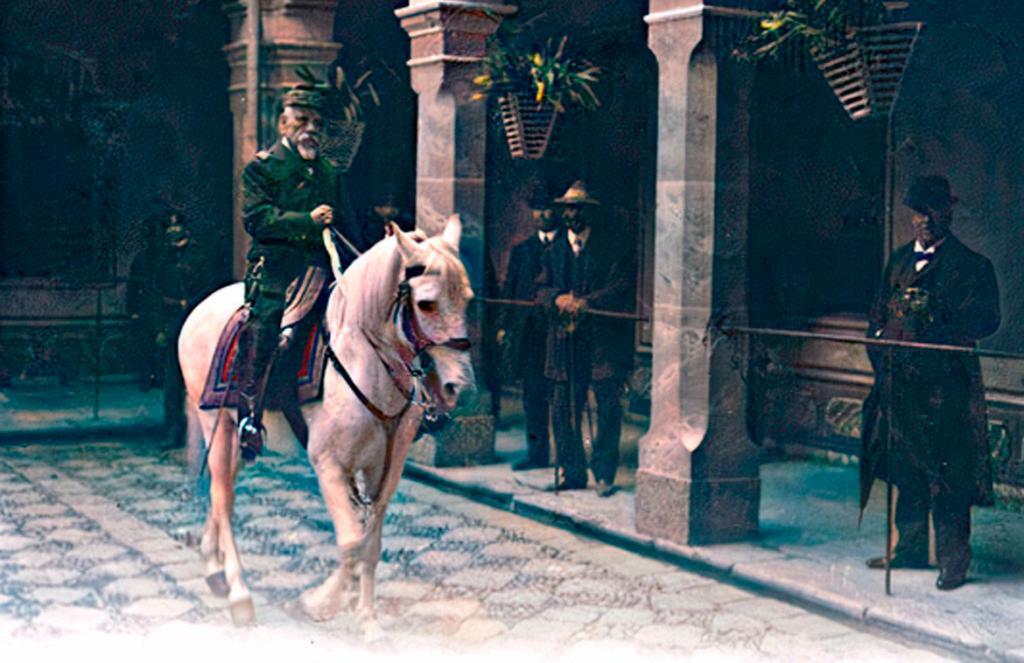
Much has been said about the barbarous events in which Eloy Alfaro and his closest collaborators were slain at the beginning of the last century. However, little is said of the previous days; of the situation that led to these unfortunate events.
This essay intends to explore briefly, but with historical support, the approach of an Eloy Alfaro who, in order to preserve his ideals over time, sees no other way out than to become a martyr.
As his friend José Peralta would say, in a speech delivered in Panama a few days after the death of the Old Fighter:
Alfaro, without the horrific martyrdom on January 28, 1912, might have been confused with other celebrities. But the same ones who longed to exterminate and annihilate the reformer and the hero, the same ones who desecrated his corpse and reduced him to ashes, have effectively contributed to the immortality of the founder of Ecuadorian liberalism.
Or as Alfaro himself preached:
The martyrs are those who have redeemed the peoples. Without martyrs, there would be no Liberators: they gather the good seed that those sowed and watered with the sacrifice of life.
In this writing we will see how through time General Alfaro talks about the concept of martyrdom and how, in his “Last Trip” he even refuses to escape from his captors when he learns that there was an operation underway to rescue him.
The days before
For those who have not had the opportunity to learn about the events that occurred prior to Alfaro's death, I will do a very brief review below.
Eloy Alfaro was in Panama, exiled. With his 70 years over, he felt physically tired and already with some ailments typical of old age, which was approaching him imminently. He slept after dinner with friends and his breathing was labored, "an obvious sign of a transcendental organic fatigue" [1]. Emotionally he was also a little disappointed and sad. The liberal movement of which he himself had been the flag was divided. To the surprise of many, it is the Liberals themselves who were in power on the date of his death and it is the Liberals themselves, to whom Alfaro had reached out in the past, who were now shouting against him.
Now, many made fun of him, as Roberto Andrade recounts:
"... he was so ill that in El Oro he went to sleep in the camp while talking to his family, and he became the mockery of his soldiers: the cause of this dream was the arteriosclerosis that had plagued him since 1908"
The liberal newspaper El Guante published in 1910 the cartoon that is exposed below, where you can see a crooked Alfaro and lacking in strength.
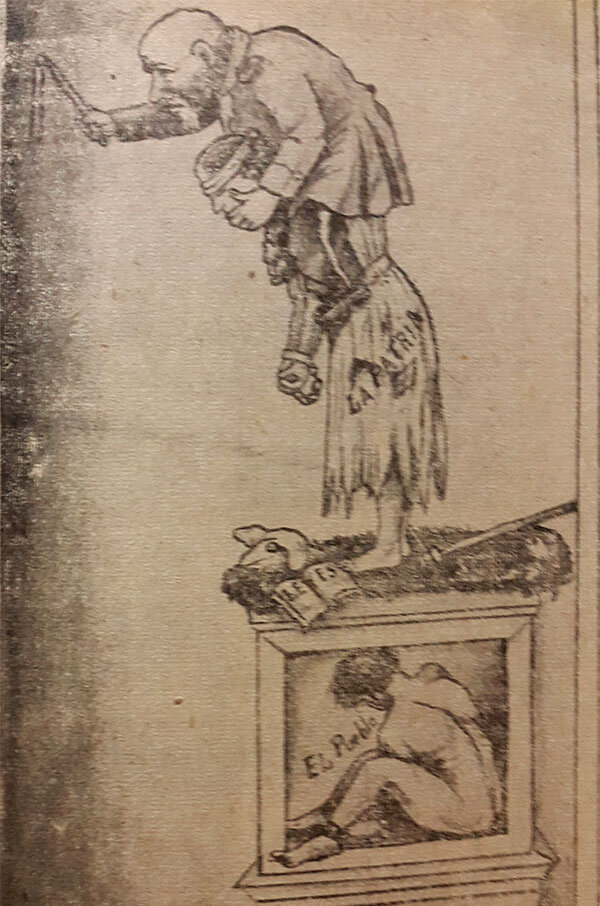
Ecuador was in the middle of a civil war caused by liberals close to Alfaro (Partido Liberal Radical), seeking to seize power from these new liberals (for many, conservatives in disguise). In command of the revolutionary army was Eloy Alfaro's own nephew, General Flavio Alfaro.
In this context, on December 30, 1911, Alfaro received in Panama (a few days before his death) a very short telegram from his most faithful companion in battles, General Montero, which says:
Your presence here is urgent. If you need express steam. Pedro J Montero.
And Alfaro, without thinking much about it, set out on a trip to Guayaquil. Over the years, he did not have among his plans to fight a war, not even to be President (as he stated to his son Olmedo in a personal letter, the summary of which I will copy shortly). His objective was, according to himself, to serve as a mediator in this conflict between liberals.
... I have sincerely stated that I no longer want to rule the destinies of the country and all those who need destinies to live have cooled down and retired ...
It should be noted that Alfaro was in a very dangerous situation. He knew that the risk of dying was very high.
In the government of that time there was already rumored of a possible return of Alfaro, so much so that President Emilio Estrada himself, on December 17, 1911 (a few days before dying of heart failure) wrote an intimidating letter to a close friend of Alfaro .
Repeated news from the Isthmus (Panama) have warned that General Alfaro will take the next steamer that leaves there tomorrow in Panama, with the intention of heading to this city (Guayaquil). You better than anyone will measure the consequences of this trip; but I have the duty to inform you that I have given severe, though not cruel, instructions; those that ultimately will take the General to Quito, where, not being me, the presence of the General is extremely dangerous. Your prudence and talent will advise you in this situation.
It is well known that Estrada tries to convey his message indirectly to Alfaro, and persuade him not to travel, on pain of being transferred to Quito, without guarantees. What is also surprising is that this letter seems like a prediction of what really happened days later.
For the reader it will be obvious then that Eloy Alfaro knew about the possible consequences of his return to Ecuador, but he did not hesitate in his decision to undertake the trip to Guayaquil.
TO BE CONTINUE…

